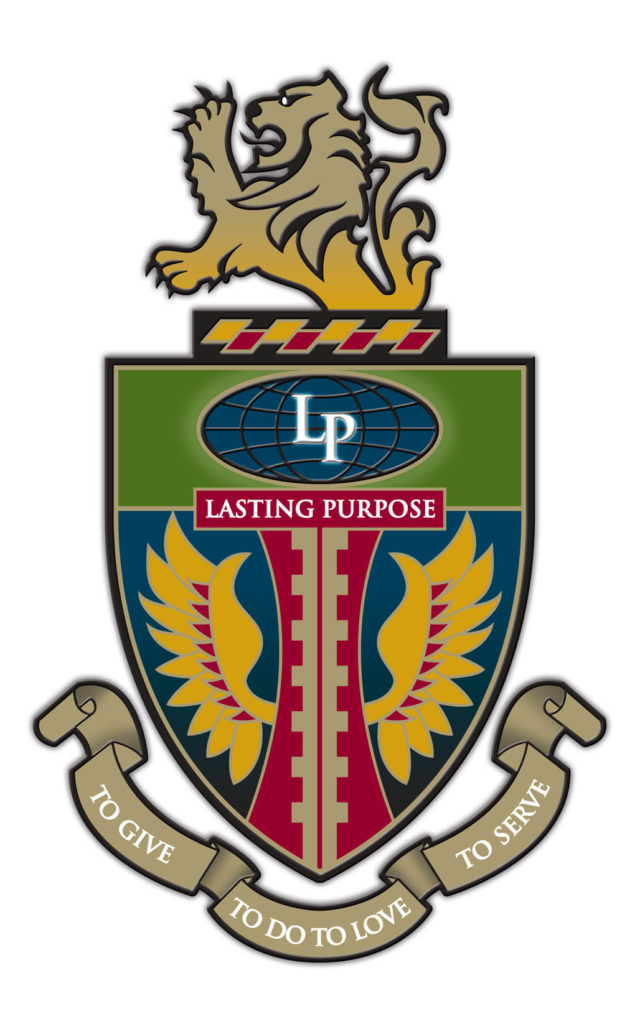Eight Core Proficiencies

Life University’s
Eight Core Proficiencies
In conjunction with providing specialty degrees in natural health sciences, business, technology and the humanities, Life University is committed to delivering an education designed around a set of Core Proficiencies that advance personal integrity and provide the foundation for professional success, social contribution and cultural change. These Core Proficiencies distinguish a Life University education.
Core Proficiency
INTEGRITY & CITIZENSHIP
1
Integrity provides the underpinning for the responsible exercise of our rights and responsibilities as human beings. Integrity leads to empowerment and excellence, while a lack of integrity results in mediocrity. Life University teaches students how to manage personal integrity and function as valued citizens within the academic, healthcare and larger communities.
Core Proficiency
LEADERSHIP & ENTREPRENEURSHIP
2
Extensive research outlines the hallmarks of effective leadership. Life University draws on this body of knowledge and teaches students in all our degree programs how to apply it in an entrepreneurial setting to build a successful business or organization.
Core Proficiency
LEARNING THEORY/CRITICAL THINKING
3
Life University engages students in critical thinking by teaching them how to gather meaningful data, synthesize new information with existing knowledge, think independently and search for practical application of their knowledge in professional practice and daily life. We exhort our students to not only learn skills, but to also become innovators who contribute positively to their communities.
Core Proficiency
CONTEMPORARY SCIENTIFIC PARADIGMS
4
For thousands of years, and especially since the work of Sir Isaac Newton, humankind’s scientific understanding of the functioning of the universe has been based largely on a mechanistic model. Contemporary quantum physics opens the door to a much more vitalistic understanding of human dynamics. Life University exposes our students to the implications of these models, especially as they apply to research in health care.
Core Proficiency
PHILOSOPHY OF HUMAN EXISTENCE & HEALTHCARE POLICY
5
Healthcare systems evolve from healthcare philosophies. Although our most institutionalized systems today revolve around a mechanistic view of health, Life University sees the value in a vitalistic view of human function. With a growing body of evidence to support vitalistic concepts in the healthcare milieu, Life University is spearheading change that will revolutionize our nation’s approach to health care and healthcare education. Our faculty clearly identify these key issues for students and teach them how to evaluate new information and direct professional dialogue that will lead to new healthcare policy.
Core Proficiency
COMMUNICATION & RELATIONSHIP THEORY/SKILLS
6
An ability to communicate effectively and the capacity for building relationships with others are critical factors in personal, business and life success. These skills can be developed. Life University challenges its students to develop and utilize the skills of effective listening, empathy, interpersonal skills and public speaking to create clear communications and foster meaningful professional relationships with members of the public, patients, colleagues and key opinion leaders.
Core Proficiency
BELIEF SYSTEMS & PERFORMANCE
7
Life University exposes its students to a range of contemporary intellectual approaches and technologies that will help them reach higher levels of performance and professional success. Students will learn criteria by which to judge the usefulness of certain technologies and their applicability to their learning styles.
Core Proficiency
INTEGRATIVE CHANGE
8
Because change is one of the few constants in today’s professional environments, an educated person must learn how to evaluate, plan for and effectively use the element of change to impact controlled differences in the world. Life University exposes students to tested theories and concepts to help them evaluate their usefulness. Students also learn how people integrate and accept new philosophies and skills for communicating new concepts of health care.
